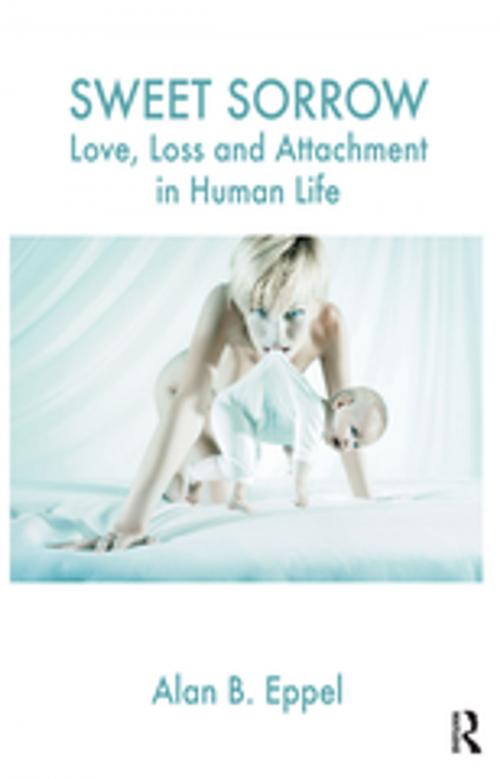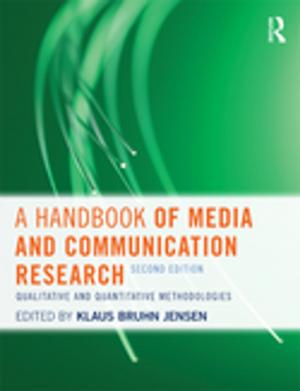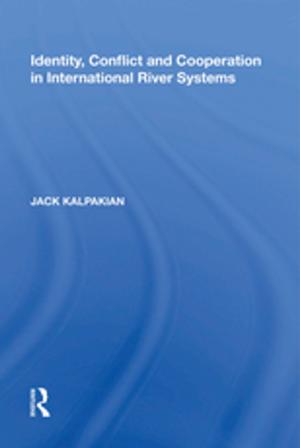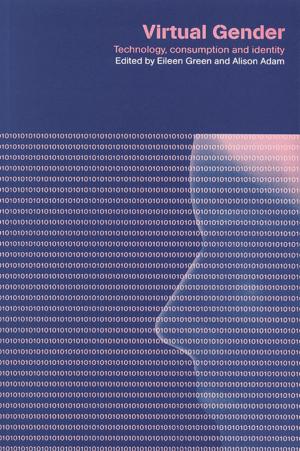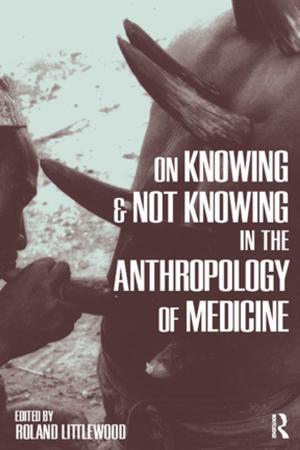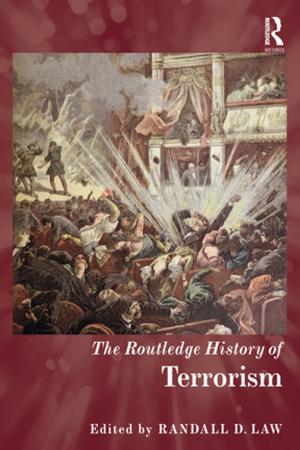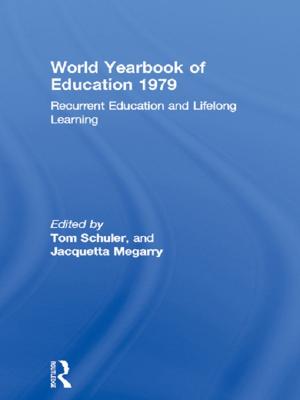Sweet Sorrow
Love, Loss and Attachment in Human Life
Nonfiction, Health & Well Being, Psychology, Mental Health| Author: | Alan B. Eppel | ISBN: | 9780429919619 |
| Publisher: | Taylor and Francis | Publication: | May 8, 2018 |
| Imprint: | Routledge | Language: | English |
| Author: | Alan B. Eppel |
| ISBN: | 9780429919619 |
| Publisher: | Taylor and Francis |
| Publication: | May 8, 2018 |
| Imprint: | Routledge |
| Language: | English |
This book defines the centrality of love and loss in human life and in human meaning. Bowlby's Attachment theory forms the basis for understanding our selves and our relationships. The author proposes that love is the subjective experience of attachment and that dyadic relationships are the source of ultimate meaning. He supports his theses with a tour de force integration of ideas from attachment theory, psychoanalysis, neuroscience and existential philosophy. He argues that the quality of attachment between mother and infant lays the foundation for the formation of individual identity and ultimately shapes our capacity to engage in relationships with others. The author describes loss as the reciprocal of attachment and considers the enormous influence of loss on our moods, sense of identity, and our desire to live or die. The final segments of the book describe the implications of this analysis and links it to the meaning and purpose of human life. All of us seek to understand the meaning of life, and especially the meaning of our own lives.
This book defines the centrality of love and loss in human life and in human meaning. Bowlby's Attachment theory forms the basis for understanding our selves and our relationships. The author proposes that love is the subjective experience of attachment and that dyadic relationships are the source of ultimate meaning. He supports his theses with a tour de force integration of ideas from attachment theory, psychoanalysis, neuroscience and existential philosophy. He argues that the quality of attachment between mother and infant lays the foundation for the formation of individual identity and ultimately shapes our capacity to engage in relationships with others. The author describes loss as the reciprocal of attachment and considers the enormous influence of loss on our moods, sense of identity, and our desire to live or die. The final segments of the book describe the implications of this analysis and links it to the meaning and purpose of human life. All of us seek to understand the meaning of life, and especially the meaning of our own lives.
